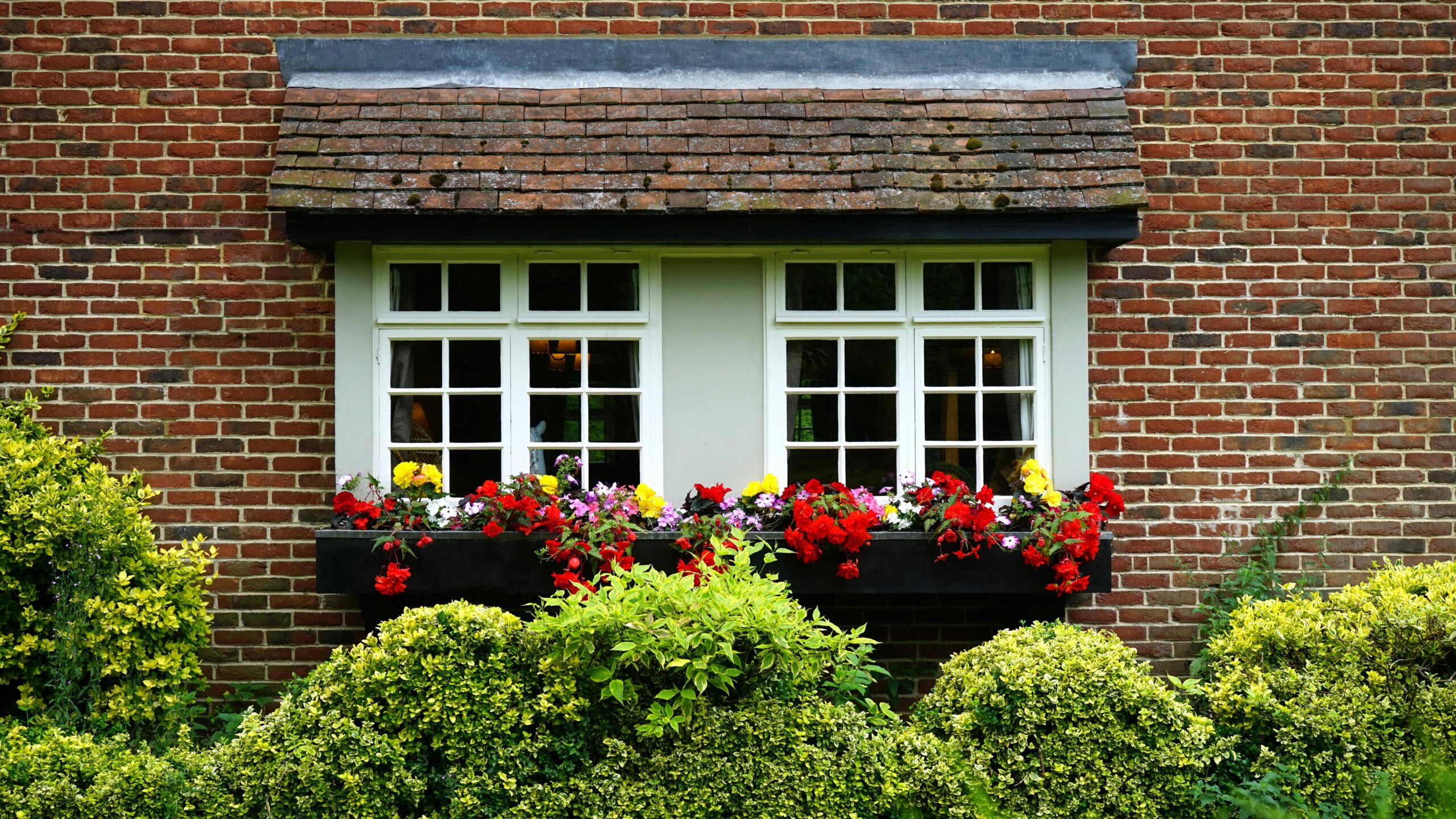Gardening and Outdoor Tips for a Thriving Home Garden
Gardening is one of the most rewarding hobbies you can bring into your life. Not only does it improve your outdoor space, but it also promotes health, relaxation, and even sustainability. Whether you have a small balcony, a cozy backyard, or a spacious garden, cultivating greenery and spending time outdoors will transform your home environment.
This guide dives deep into beginner-friendly gardening and outdoor tips—from choosing plants to creating sustainable systems—so you can build a garden that thrives all year long.
Why Gardening and Outdoor Spaces Are Worth the Effort
Outdoor spaces are more than just “extra land.” When designed thoughtfully, they extend your living area, provide a natural escape, and even improve your health.
- Stress relief: Digging, planting, and spending time outdoors reduce anxiety.
- Fresh food supply: Growing vegetables, herbs, or fruits adds nutrition to your meals.
- Eco-friendly lifestyle: Gardens improve air quality and encourage sustainable habits.
- Home value: A well-maintained outdoor space enhances curb appeal and property worth.
By investing in your outdoor area, you create a lifestyle upgrade that pays back in multiple ways.
Starting Small: Building a Beginner-Friendly Garden
If you’re new to gardening, don’t feel pressured to transform your entire outdoor area at once. Start small, then expand.
Container Gardening
Perfect for balconies, patios, or small yards. Use pots, buckets, or raised beds for:
- Herbs like basil, mint, and parsley.
- Vegetables such as tomatoes, lettuce, and peppers.
- Flowers for color and fragrance.
Raised Beds
These are great for organizing crops and improving soil quality. They:
- Allow better drainage.
- Reduce weed growth.
- Make planting easier on your back.
Easy-Care Plants
For beginners, choose low-maintenance plants that tolerate varying conditions:
- Lavender
- Succulents
- Zinnias
- Rosemary
Soil, Sunlight, and Water: The Three Pillars of Gardening
A thriving outdoor space depends on three essentials:
Soil Quality
Healthy soil is the foundation of any garden.
- Add compost or organic matter for nutrients.
- Check soil pH; most plants thrive in slightly acidic to neutral soil (6.0–7.0).
- Rotate crops each year to prevent nutrient depletion.
Sunlight Exposure
Different plants need different levels of sunlight:
- Full sun: 6–8 hours (tomatoes, peppers, roses).
- Partial sun: 3–6 hours (lettuce, spinach, hydrangeas).
- Shade-friendly: Under 3 hours (ferns, hostas).
Watering Techniques
- Deep watering: Water less often but more thoroughly to encourage strong roots.
- Morning watering: Reduces evaporation and prevents fungal diseases.
- Mulching: Retains soil moisture and reduces weeds.
Designing an Outdoor Space That Works
An outdoor area isn’t just about plants; it’s also about creating a functional and enjoyable environment.
Zoning Your Space
Divide your garden into “zones” for easier use:
- Edible zone: Vegetables and herbs near the kitchen door.
- Relaxation zone: Benches, hammocks, or a patio set.
- Wildlife zone: Bird feeders, pollinator plants, and butterfly-friendly flowers.
Adding Outdoor Features
Simple additions can make your garden more inviting:
- Pathways: Stone or gravel paths add structure and prevent trampling plants.
- Lighting: Solar-powered lights or lanterns make evenings magical.
- Water elements: Small fountains or bird baths attract wildlife and create tranquility.
Seasonal Gardening and Outdoor Maintenance
Successful gardening means adjusting your routine throughout the year.
Spring
- Prepare soil with compost.
- Plant cool-season crops like spinach, peas, and radishes.
- Prune shrubs and trees.
Summer
- Mulch to retain water.
- Water early morning or late evening.
- Harvest herbs and vegetables regularly to encourage growth.
Fall
- Plant bulbs like tulips and daffodils.
- Rake leaves and compost them.
- Clean tools and prepare storage.
Winter
- Protect plants with covers in cold regions.
- Focus on indoor gardening with herbs.
- Plan next season’s layout.
Sustainable Gardening Practices
Caring for the environment while gardening ensures long-term success and reduces costs.
- Composting: Recycle food scraps into natural fertilizer.
- Rainwater harvesting: Collect rain in barrels to reduce water bills.
- Native plants: These adapt better to your climate and need less maintenance.
- Natural pest control: Use ladybugs, neem oil, or companion planting instead of harsh chemicals.
These practices keep your outdoor space eco-friendly and resilient.
Common Gardening Mistakes to Avoid
Even enthusiastic beginners can run into problems. Here are pitfalls to sidestep:
- Overwatering: Drowns roots and causes rot.
- Ignoring plant spacing: Crowded plants compete for nutrients and air.
- Planting too early: Frost can damage tender seedlings.
- Neglecting soil quality: Poor soil leads to weak plants, no matter how much water or sunlight they get.
Learning from these mistakes saves time and frustration.
Budget-Friendly Outdoor Gardening Hacks
You don’t need to spend a fortune to build a beautiful garden.
- Use old wooden crates as raised beds.
- Repurpose tin cans or jars as planters.
- Swap seeds and cuttings with neighbors.
- DIY trellises from bamboo sticks or old ladders.
- Upcycle pallets into vertical gardens.
Creativity often produces more character than store-bought décor.
Conclusion
Gardening and outdoor projects are not just about plants—they’re about creating a healthier lifestyle, a more beautiful home, and a stronger connection to nature. With the right soil, sunlight, and care routines, anyone can grow a thriving outdoor space. Start small, embrace sustainable practices, and soon your garden will become both a sanctuary and a source of pride.

No responses yet